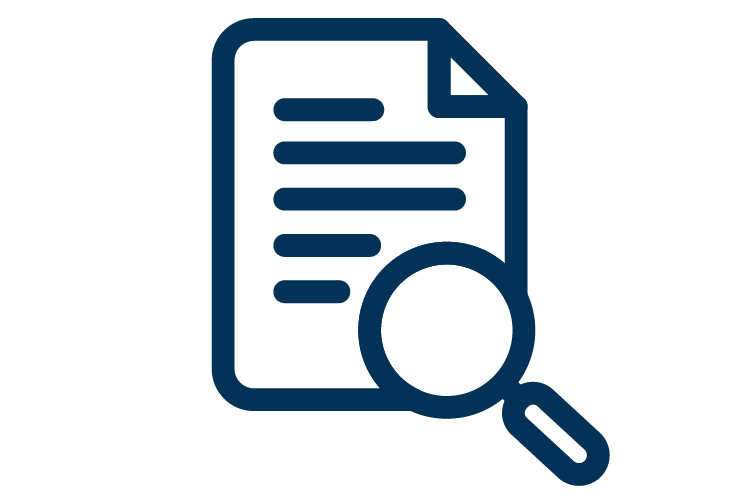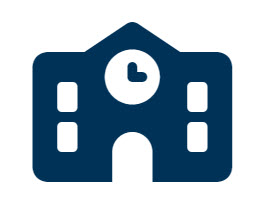
In This Issue
- June Monthly Message from the FDIC
- Money Smart and Financing a House
- New Money Smart Success Story
- Latest FDIC Consumer News Edition
- Tips and Techniques
June Monthly Message from the FDIC
World Elder Abuse Day is recognized in June. The Federal Deposit Insurance Corporation (FDIC) recognizes the importance of preventing elder abuse and supports the rights of older adults. Millions of older adults experience financial fraud, theft of money and/or personal information. For FDIC resources to protect older adults and help them spot and prevent financial abuse, check out the FDIC Consumer News articles Fraud Against the Elderly and Protecting Seniors from Financial Abuse.
If you would like to learn more about protecting your identity and other assets, check out the FDIC How Money Smart Are You? game. This game and its resources can help you understand how to take care of your finances.
Additional resources to prevent or address elder abuse can be found at: National Center on Elder Abuse - Elder Justice Consumer Financial Protection Bureau (CFPB) - How to find help responding to elder financial abuse
Money Smart and Financing a House
As we celebrate National Homeownership Month, we applaud everyone from banks and other financial institutions to community organizations and financial education teachers, who help make homeownership possible for others.
Homeownership has long been part of the American dream. Owning a home gives the homeowner a sense of pride and the ability to increase their financial stability. It also helps to create vibrant communities. According to the Department of Housing and Urban Development (HUD), home improvement helps raise neighborhood standards and property values. It can also mean an increase in expenses for home improvement products and materials. However, both purchasing and maintaining a home can be daunting , especially for first-time homebuyers.
If you are teaching a course on homeownership, Money Smart for Adults (MSA) Module 12 – Making a Housing Decision and Module 13 – Buying a Home are the core lessons for owning a home. However, other modules are important to understand credit. Those modules include:
- Module 6 – Credit Reports and Credit Scores
- Module 7 – Borrowing Basics
- Module 8 – Managing Debt
- Module 9 – Using Credit Cards
Other FDIC resources include FDIC Consumer News Understanding Appraisals and Why They Matter, Thinking About Buying Your First House?, and Applying for Your First Mortgage Loan.
You may also find the CFPB’s Buying a house: Tools and resources for homebuyers website helpful. This website provides important tools, like a credit report checklist when shopping for a mortgage. It also provides information about the process during closing of the mortgage.
HUD’s Buying a Home website may be helpful for finding home buying programs in individual states with helpful tools like the HUD Home Shopping Checklist - The Basics and the HUD Home Shopping Checklist - Comparison Shopping.
If teaching by play is your preferred method, you can always use How Money Smart Are You?: Making Housing Decisions and Buying a Home. It can be a stand-alone teaching tool or used in conjunction with MSA.
If you have a success story about teaching home buying that you would like to share, let us know at MoneySmartNews@fdic.gov. We would be happy to feature your business in an upcoming Money Smart News.
Other useful resources:
FDIC Consumer Assistance Topics: Mortgages
FDIC Tips on Appraisal Bias and Valuation
FDIC Affordable Mortgage Lending Center
Federal Trade Commission How to Recognize Deceptive Mortgage Loan Ads and Offers
New Money Smart Success Story
In 2010, Erika Toriz started the non-profit Haven Neighborhood Services in Los Angeles to empower community members who were the victims of predatory housing practices. While helping people save their house from foreclosure, she found that most of her clients lacked basic financial education.
That’s when she found Money Smart and became a Money Smart Alliance member. “The beauty of Money Smart,” Ms. Toriz said, “is that it can be tweaked for the level of participants.” As Ms. Toriz works with a number of immigrants, being able to tweak the curricula is important.
One tweak Haven Neighborhood Services made was to combine Money Smart with short two-minute videos that explain financial concepts. This allowed attendees to see the financial issues in practice as they learned about them.
Pre-Covid, Haven Neighborhood Services taught the course at their location. However, during Covid, they went virtual as it gave them more leverage and it gave potential attendees more access. Currently, the organization combines both in-person and virtual courses.
Further, Ms. Toriz realized that her clients did not understand taxes and that basic tax information should be taught as part of her program. Haven Neighborhood Services tweaked their course again and partnered with the Internal Revenue Service Volunteer Income Tax Assistance (VITA). Once the organization added tax assistance, it was clear that attendees needed to open bank accounts.
In a recent in-person seminar promoting National Women’s Day, the audience was asked how many of them had a bank account. Only half the room raised their hands. “Trust is an important part of getting people into bank accounts,” Ms. Toriz said. “We have to help build that trust.” Haven Neighborhood Services helps build trust by giving attendees a list of banks that offer BankOn accounts in their clients’ area. Haven Neighborhood Services researched the list using FDIC BankFind. Each participant is given a $50 incentive to open a bank account when their tax refund goes directly into a bank account. They also receive deposit account counseling.
Haven Neighborhood Services generally offers two cycles of courses each month. Last year, 110 women learned through the six modules. This April, the organization hosted an event in English and in Spanish; they are expecting 200 people. In addition, they are planning to teach130 additional women throughout the year and hoping to issue a number of $50 gift cards.
“We chase the problem,” Ms. Toriz said. The problems of predatory lending in Los Angeles led Ms. Toriz to Money Smart to help her clients. As issues arise out of that assistance, Ms. Toriz and Haven Neighborhood Services continue to chase problems to provide answers for her clients.
Congratulations to Haven Neighborhood Services and Erika Toriz for a successful Money Smart program. If you have a Money Smart success story you would like to tell us about, please contact MoneySmartNews@fdic.gov.
Latest FDIC Consumer News Edition
The June 2024 edition of the FDIC Consumer News is “Banking With Third-Party Apps” with helpful tips about fintech, banking relationships, and deposit insurance. Read the full article here.
Tips and Techniques
When teaching about home buying, don’t forget to mention that states may have incentives or assistance in the home buying process. To find out what is available in your state, visit the HUD Local Homebuying Programs.
Current Newsletter:
Additional Links

Money Smart Alliance
Learn, collaborate and grow with FDIC’s recognized organizations that use Money Smart.
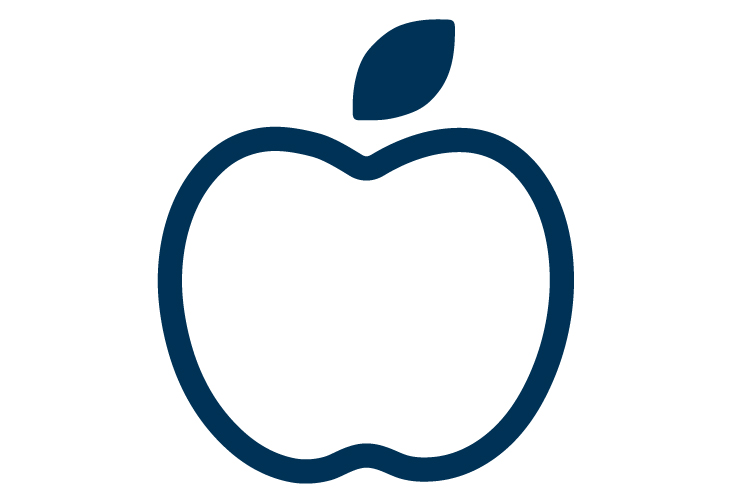
Teacher Online Resource Center
Here you will find tools to help you teach financial education including lesson plans, videos, and other resources
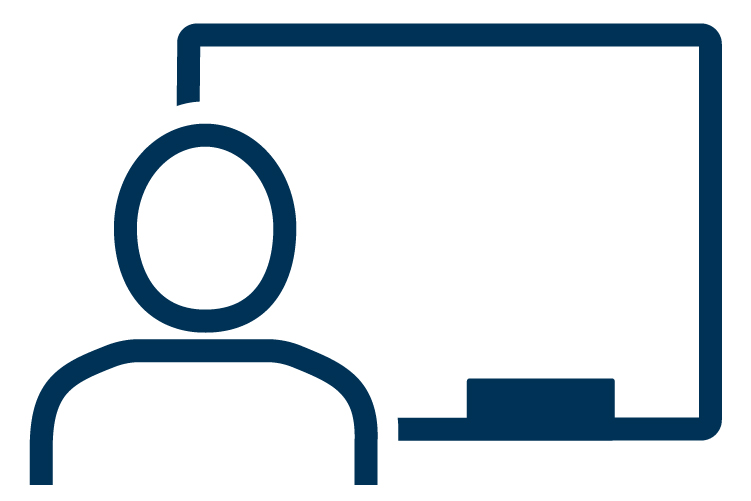
Train-the-Trainer Program
Provides guidance with videos, workshops, and webinars
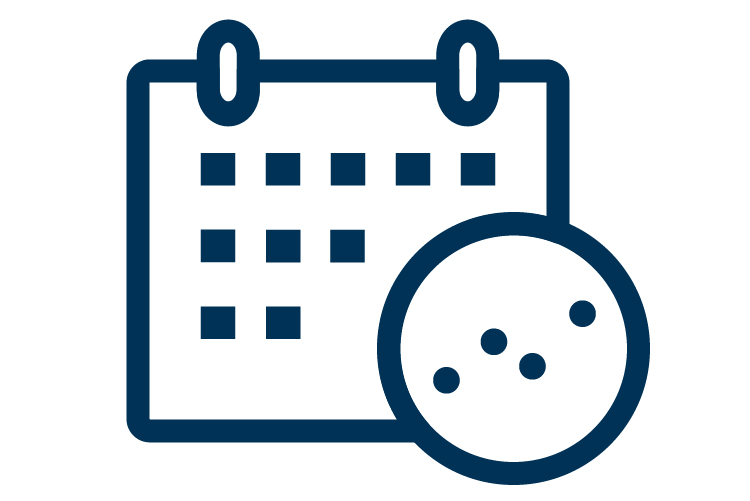
Training & Events
Announcements of upcoming Money Smart events for Train-the-Trainer and Small Business events

